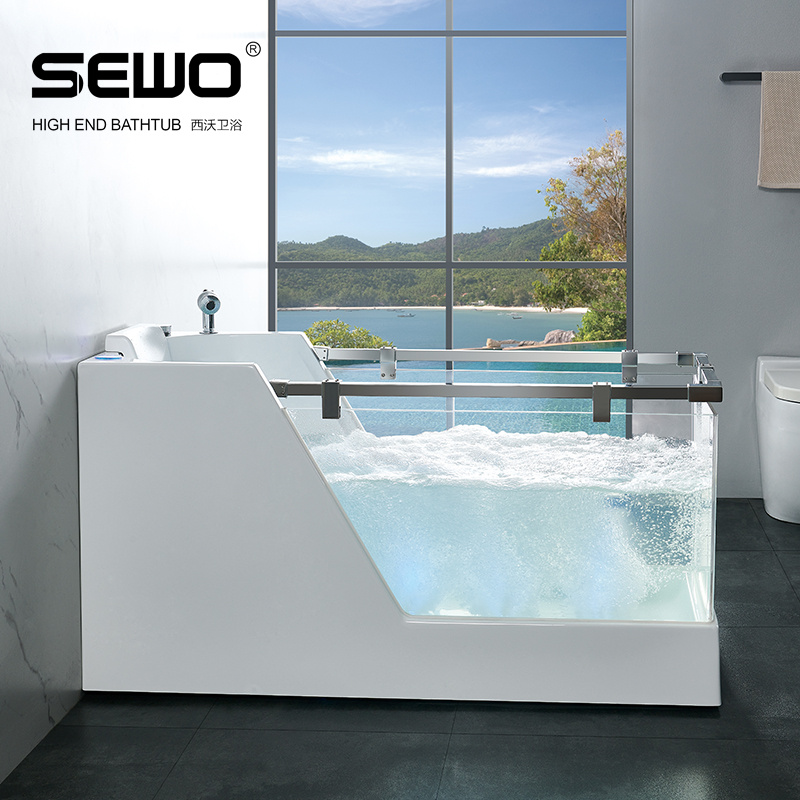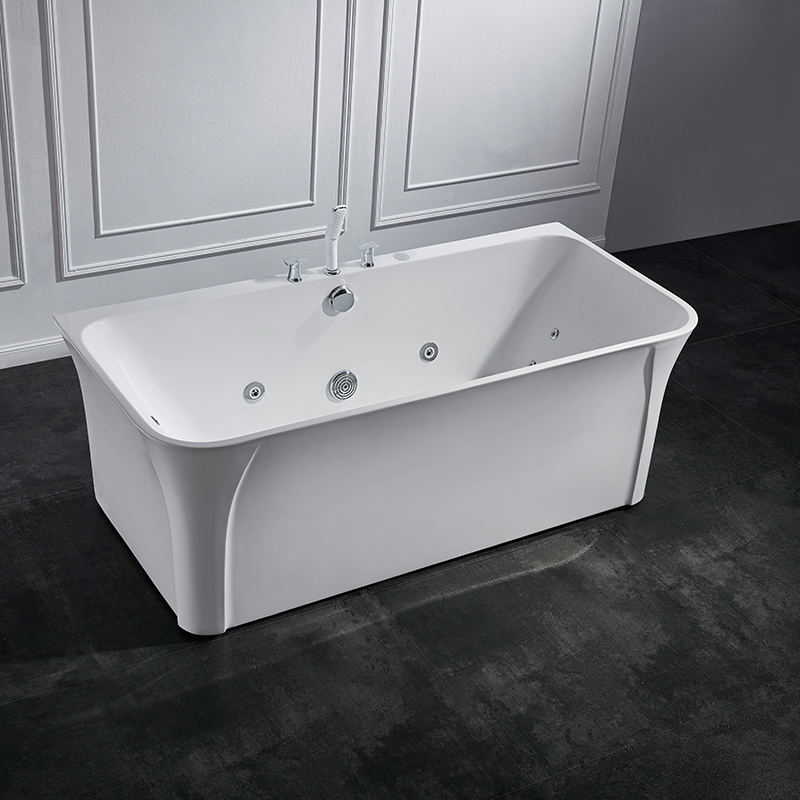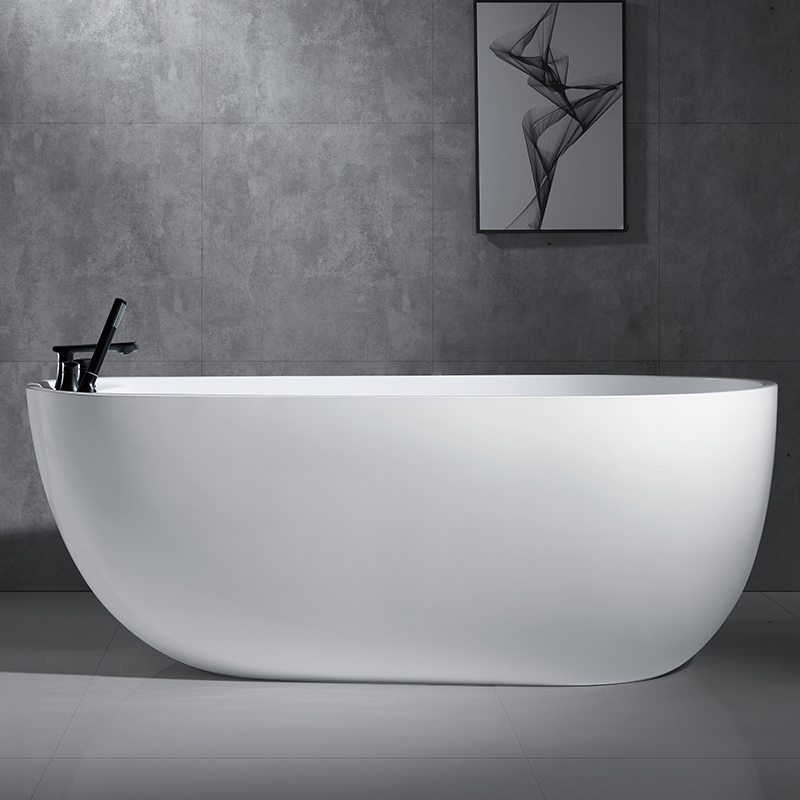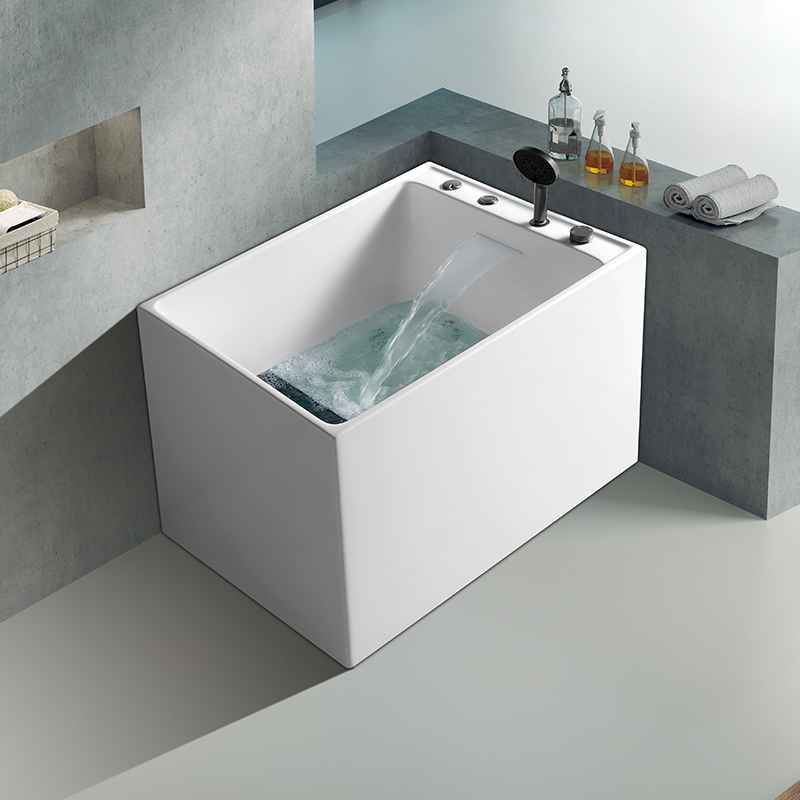Thoughts on "Our Factory Bathtubs for Sale" : Seeking the Warmth of Humanity in the Industrial Wave.

After reading the book "Bathtubs for Sale in Our Factory", I couldn't calm down for a long time. It seems to tell the story of a factory mass-producing and selling bathtubs, but through the cold production line and market data, the author actually sketches a picture of the interweaving of modern industry and humanity with delicate strokes. As a carrier, the bathtub not only serves the function of bathing, but also embodies people's yearning for life, pursuit of quality, as well as the warmth and emotions that are gradually being overlooked in mechanized production.
一. The Efficiency of Industrialization and Human Alienation: A Silent Game
The book elaborately depicts how the factory compressed the bathtub from design to delivery to the shortest cycle through standardized processes, precise machinery and data-driven management. Efficiency and profit have become the supreme criteria. Workers have been disassembled into "screws" on the assembly line. Designers' creativity has been replaced by market research data. The styles of bathtubs are gradually converging towards "best-selling templates". This reminds me of the "alienation of labor" described by Marx - when people become an extension of tools and creation is swallowed up by efficiency, are we losing our awe and love for "things"? The arcs and warm design details that were once hand-polished by artisans have gradually vanished in the industrial wave, replaced by uniform mold products. This is not only the story of the bathtub, but also a microcosm of the modern industrial society.
二. Bathtub: A Vessel from Commodity to Emotion
However, the book is also not short of warm and bright colors. The author intersperses the stories of different consumers: a retired elderly person recalls the time spent with his wife in his youth while in the bathtub; A young man living alone transformed it into a mini garden to enjoy a moment of tranquility while taking a bath. A family of three quarreled and then reconciled over choosing the color of the bathtub... These fragments made me realize that no matter how the mode of production changes, the ultimate value of an object lies in its connection with people. A bathtub is not merely a commodity; it is also a container that holds memories, emotions and a lifestyle. This makes me reflect: When pursuing the ultimate efficiency of industrialization, how can we preserve that humanistic care that makes the product "come alive"? Perhaps, true innovation should not merely remain at the technical level; it is also necessary to listen to the voices of users and enable cold industrial products to regain their warmth.
三. Practical Implications: Seek the Fulcrum of Balance
Closing the book, I was reminded of the transformation of the manufacturing industry in reality. The predicaments and breakthroughs depicted in the book have strong practical significance. China's manufacturing industry is upgrading from "quantity" to "quality". Intelligence and automation are inevitable trends, but how can we avoid falling into the trap of "efficiency first"? Perhaps the answer lies in those "minor rebellions" in the book: the designer insists on adding a hand-polished curve in the mold, the worker secretly inserts a blessing card in the packaging box, and the salesperson patiently listens to the customer's special needs... These seemingly insignificant "humanized resistances" are precisely the indispensable lubricants in industrial civilization. In the future manufacturing industry, perhaps more flexible "flexible production" is needed - one that can both utilize technology to enhance efficiency and leave room for personalized demands. It pursues standardization while not stifling creativity and emotional connection.
四. My Insight: Between machinery and temperature, we are all participants
As a reader, I am both an onlooker and a participant in this industrial transformation. Whether producers, consumers or observers, we all have the responsibility to redefine the value of "commodities". When we purchase a bathtub, we might as well ask one more question: "Is there a story behind this product?" When we work in a factory, we can try to add a bit of "human traces" to the standard process. As the book states: "The significance of industrialization should not be to make everything cheap and cold, but to enable more people to have access to containers that hold happiness." This concept might precisely be the key core of the transformation from "Made in China" to "Intelligently Made in China".
Bathtub for Sale in Our Factory" is not only an industry observation book, but also a mirror reflecting the spiritual predicament of our times and the possibility of breaking through. It reminds us that while pursuing efficiency and profit, we should never forget that the essence of manufacturing is to serve people. Human needs, however, are far more complex and warm than data reports.




